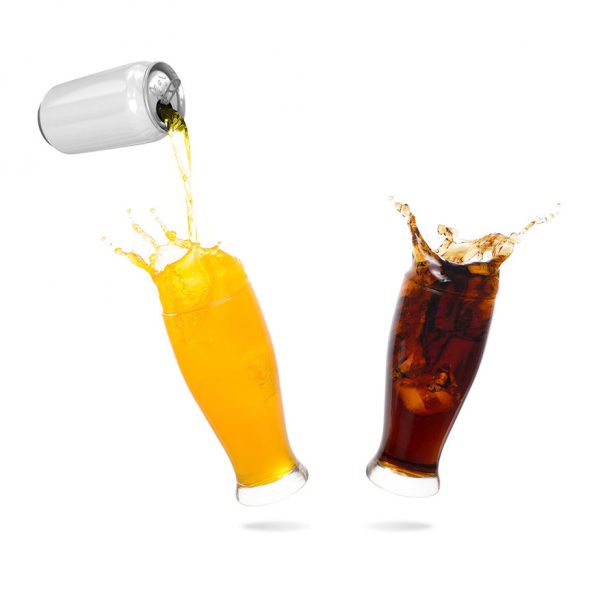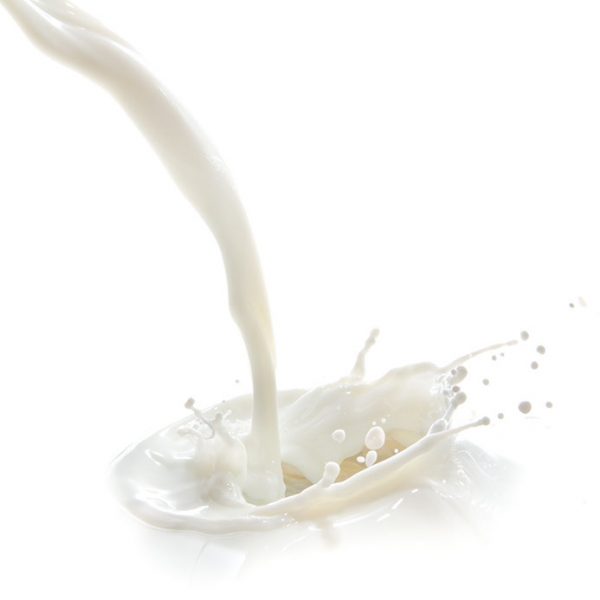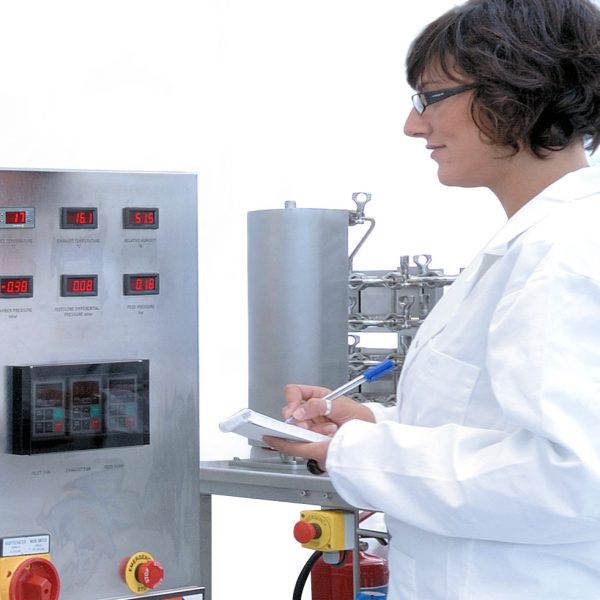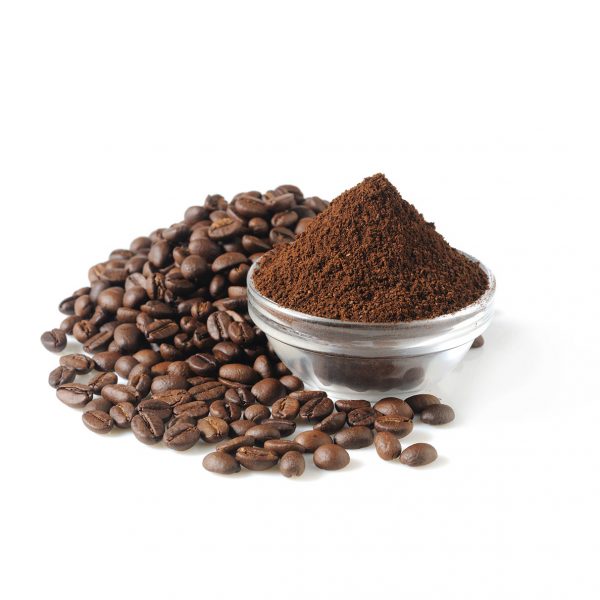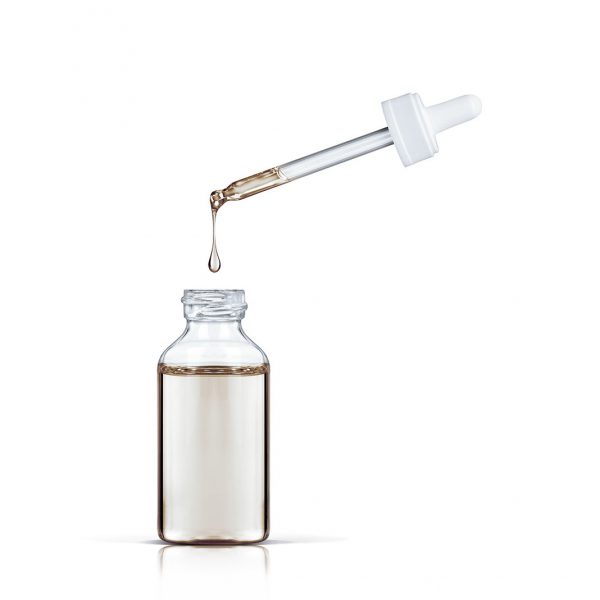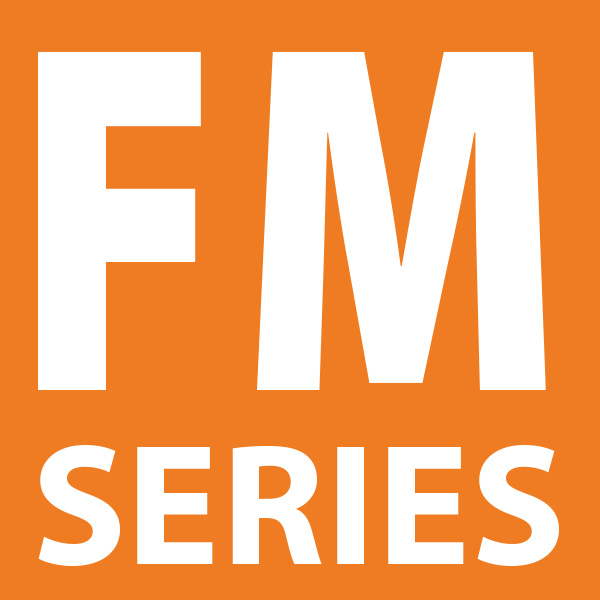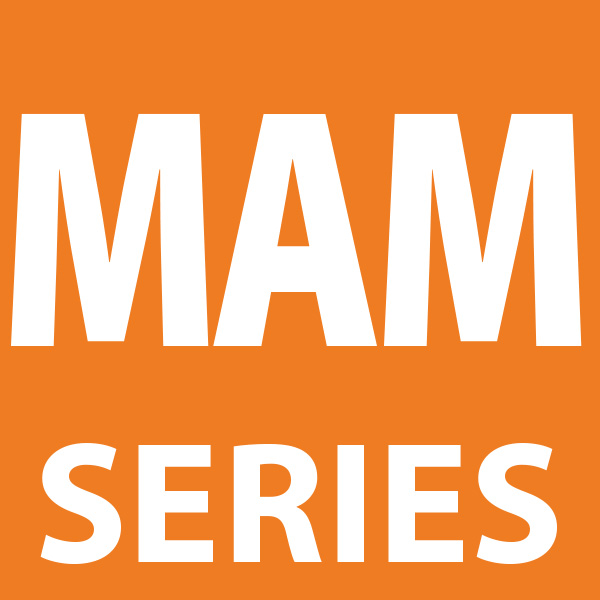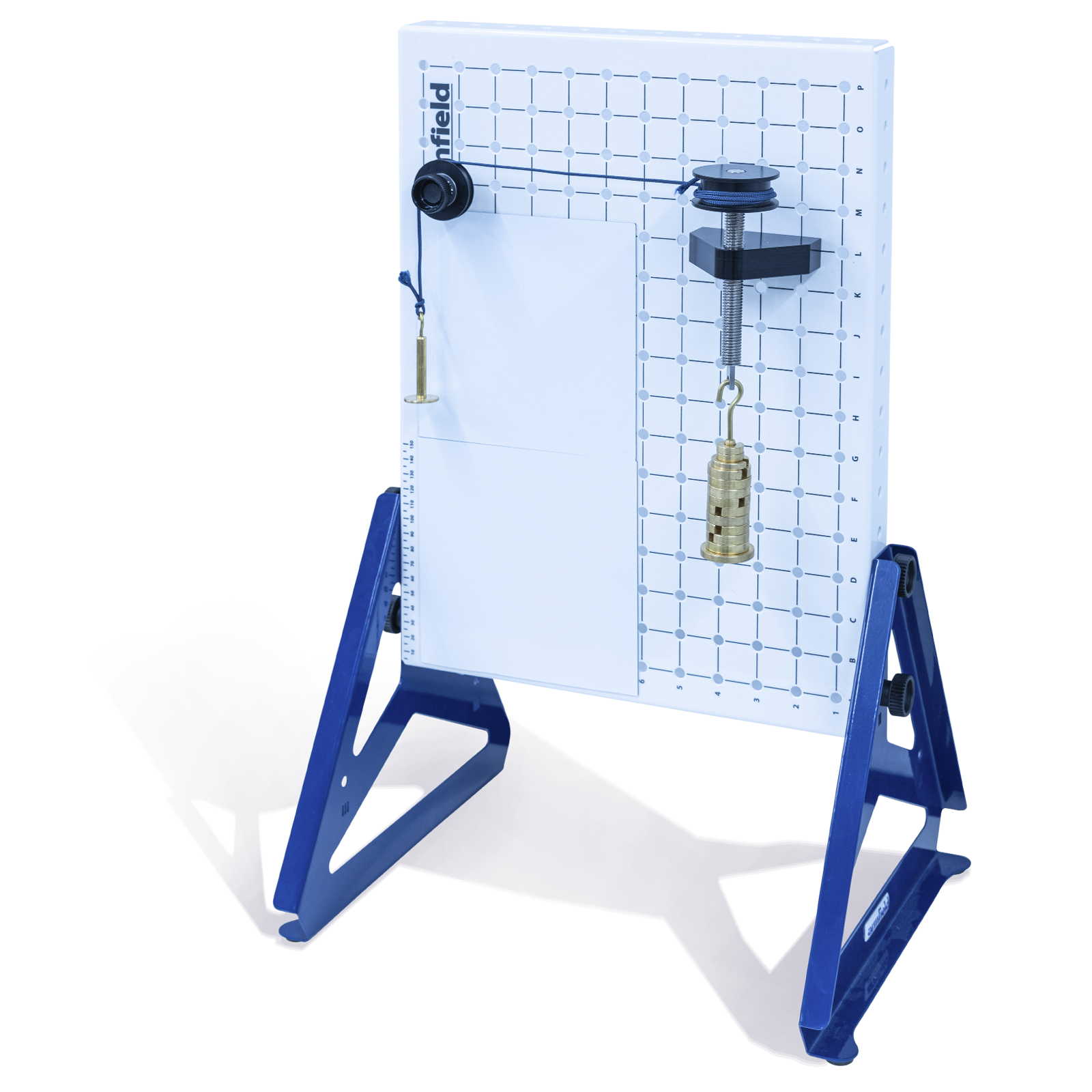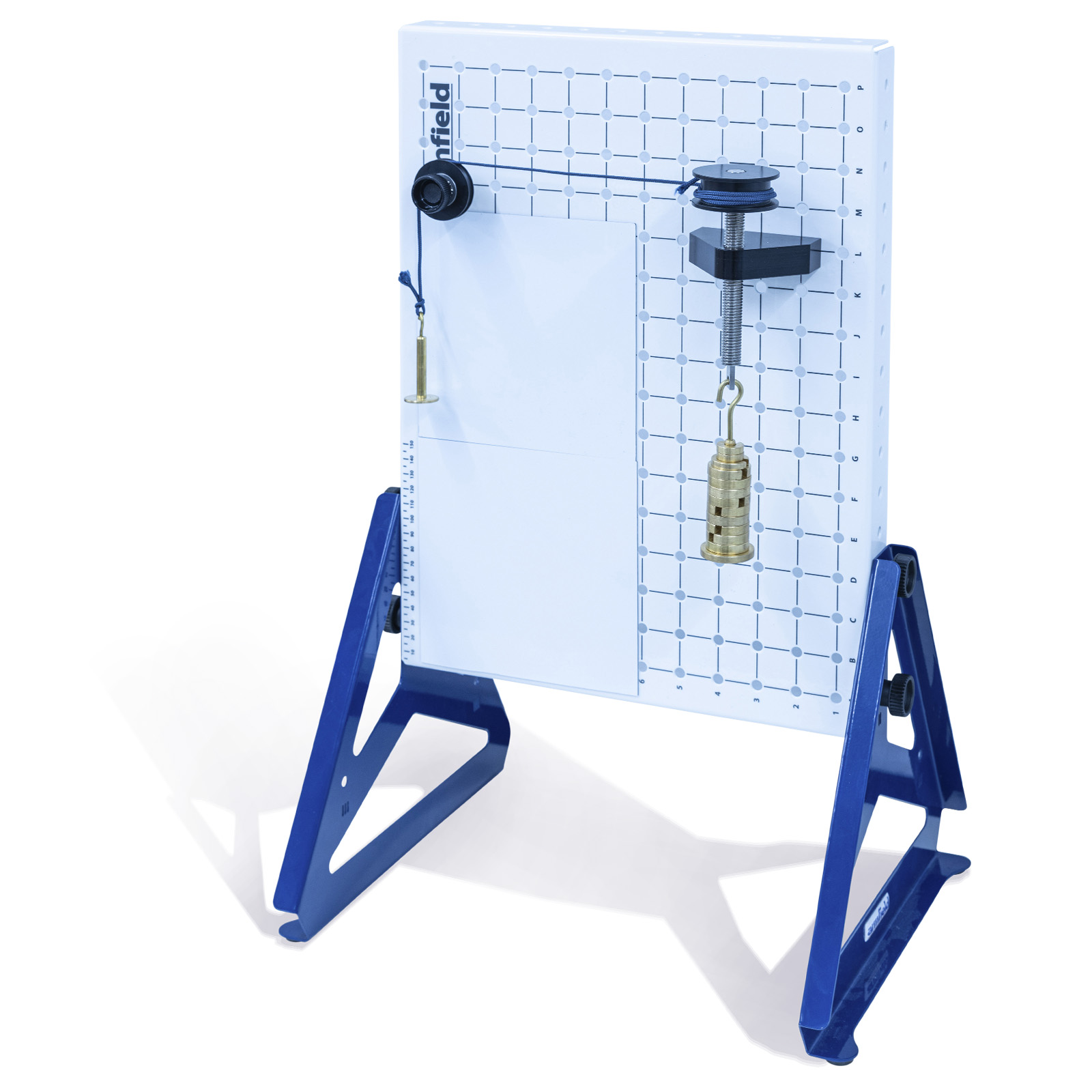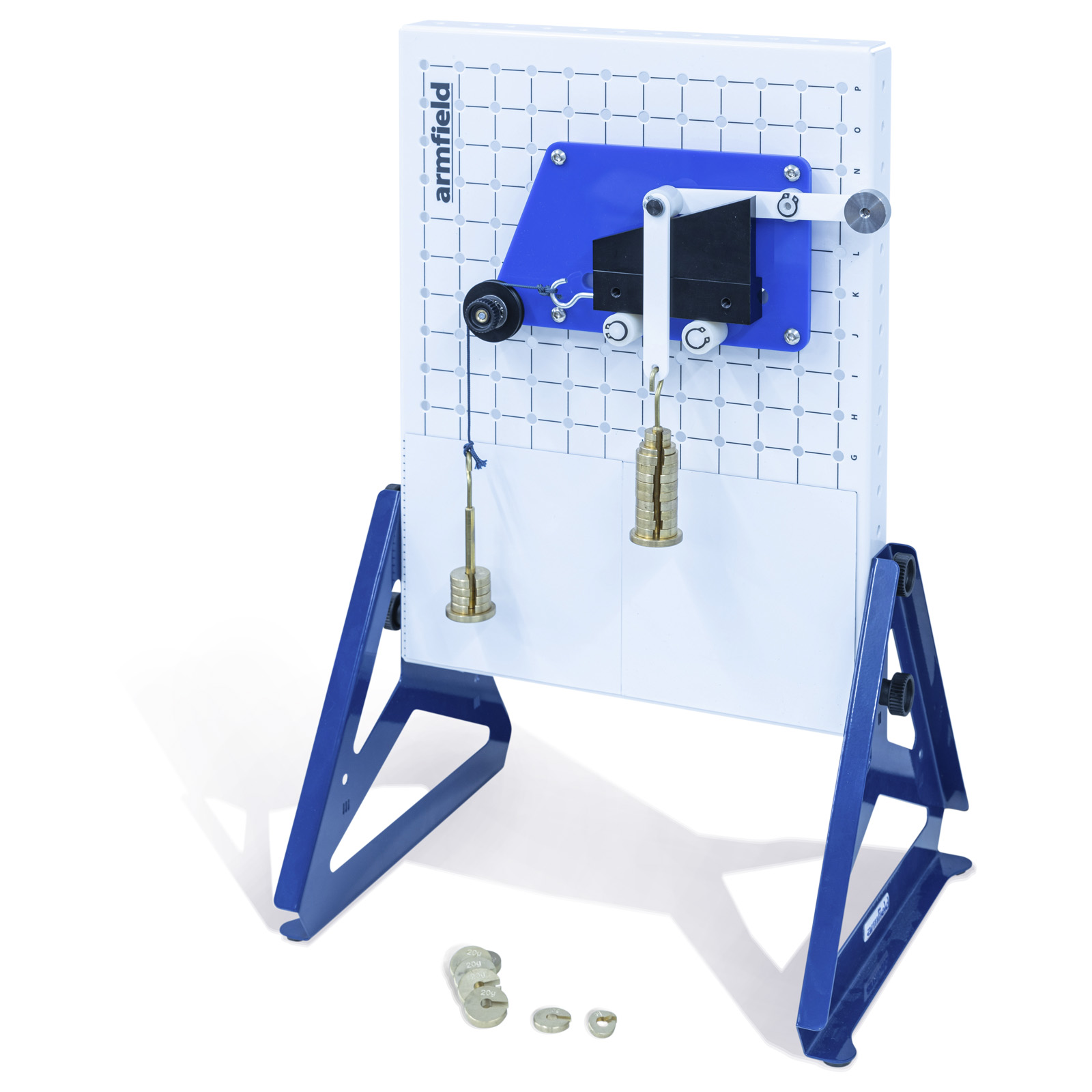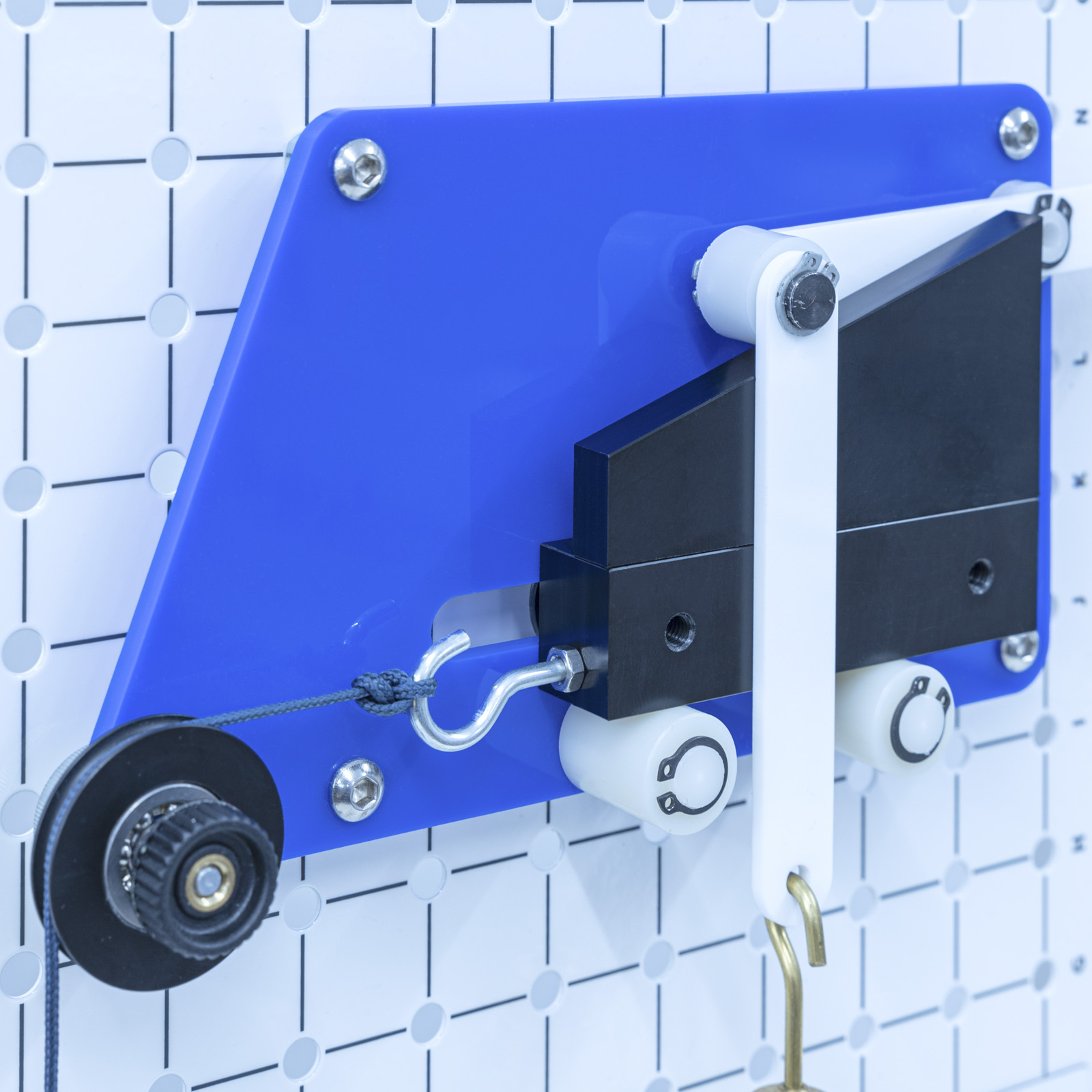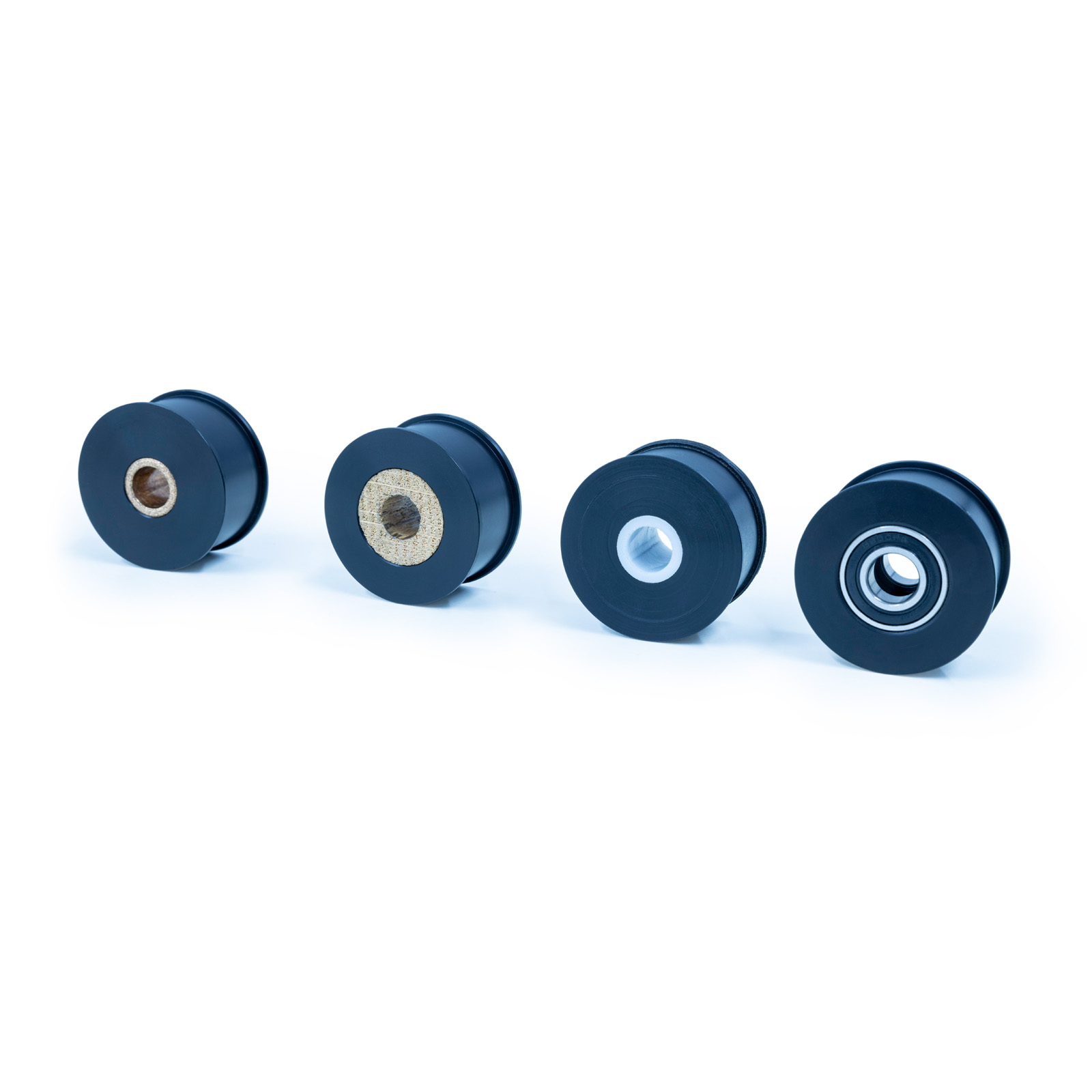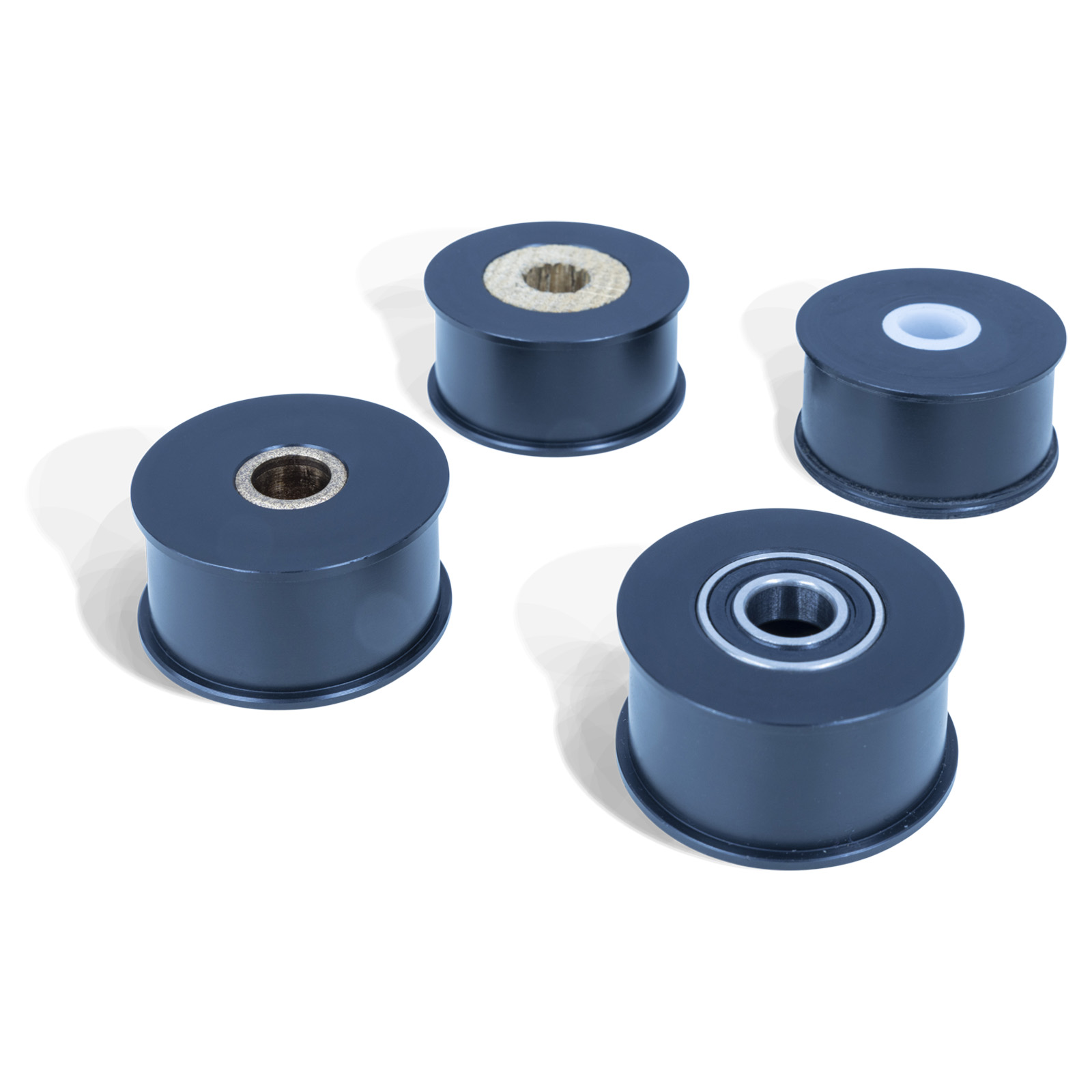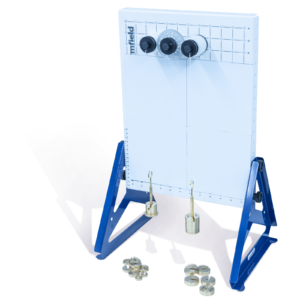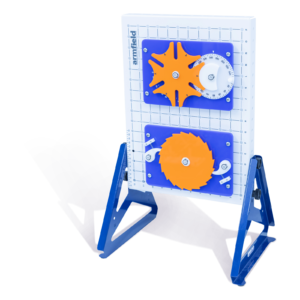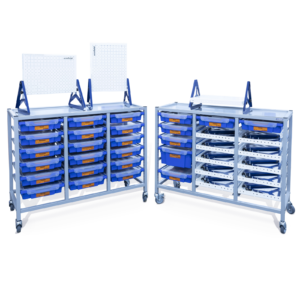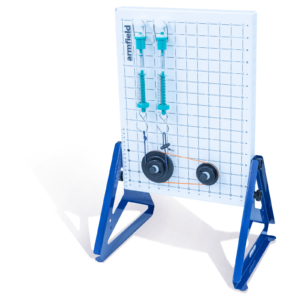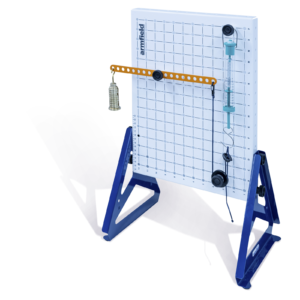EF-2.3 – Dynamics – Rotational Friction
The EF-2.3 Rotational Friction experiments kit enables students to understand how rotational friction affects the efficiency of a screw jack, a wedge and different bearings.
Hands-on understanding from lessons.
Description
The kit includes experiments that measure the effort required to raise various loads using a simple form of screw jack. These include determining how the mechanical advantage and efficiency varies with load, the mechanical advantage and efficiency obtained by using two different wedges, including investigating the effect of the angle on overhauling and to compare the resistance to rotation due to friction in four cantilevered bearings of different materials.
The Engineering Fundamentals range enables students to gain an understanding of the principles of engineering by the process of learning via experimentation.
The EF-2.3 Rotational Friction experiments kit enables students to understand how rotational friction affects the efficiency of a screw jack, a wedge and different bearing materials.
Technical Specifications
- Wedge angles
-
- 18.5°
- 4.75°
-
- Bearings materials
-
- Oilite
- Wood
- Nylon
- Ball
-
Features & Benefits
Features
- Neatly presented in an easily identifiable and durable storage tray
- Trays have clear lids making it easy to see their contents
- Pictorial tray contents list to identify missing components easily
- Accompanied by a detailed manual with various practical exercises
- Clear and concise assembly instructions for each experiment
- Multiple experiments per kit
- Toolless assembly
Benefits
- Hands-on understanding from lessons
- Improve the student’s dexterity by self-assembly with the instructions provided
- Efficiency of a screw jack
- Efficiency of a wedge
- Efficiency of different bearings
- Mechanical advantage
- Velocity ratio
- Efficiency
- Overhaul
- EF-BU Base Unit
- Statics Experiments
– EF-1.1 Forces
– EF-1.2 Moments
– EF-1.3a Beams
– EF-1.3bTrusses
– EF-1.4 Springs
– EF-1.5 Torsion
- Dynamics Experiments
– EF-2.1 Friction
– EF-2.2 Simple Harmonic Motion
– EF-2.3 Rotational Friction
– EF-2.4 Potential and Kinetic Energy
– EF-2.5 Centrifugal and Centripetal Force
- Mechanisms Experiments
– EF-3.1 Cam, Crank and Toggle
– EF-3.2 Simple Mechanisms
– EF-3.3 Additional Mechanisms
– EF-3.4 Bar Linkages
- Kinematics
– EF-4.1 Pulleys
– EF-4.2 Gears
– EF-4.3 Drive Systems
- Strength of Materials
– EF-5.1 Tensile Tester
- Options
– EF-WS Workstation
EF-BU Base Unit
- EF-BU on which to build the experiment from the tray components
- Level and stable work surface to mount the EF-BU upon. The optional EF-WS is ideal for this if no suitable desk or bench is available.
PACKED AND CRATED SHIPPING SPECIFICATIONS
Volume: 0.02m³ per tray
Gross Weight: 5.0kg per tray
Tray
Length: 0.430m per tray
Width: 0.312m per tray
Height: 0.080m per tray
EF-2.3 – Rotational Friction
EF-BU – Base Unit
EF-WS – Workstation (optional)
